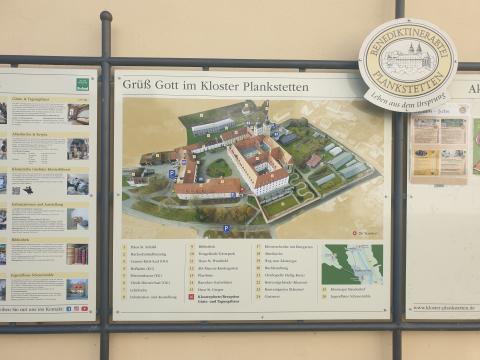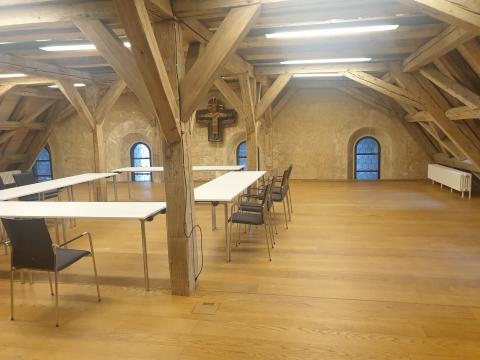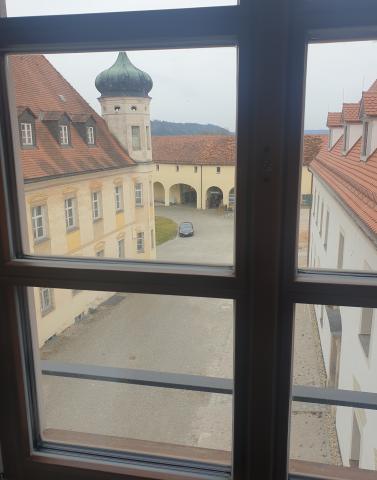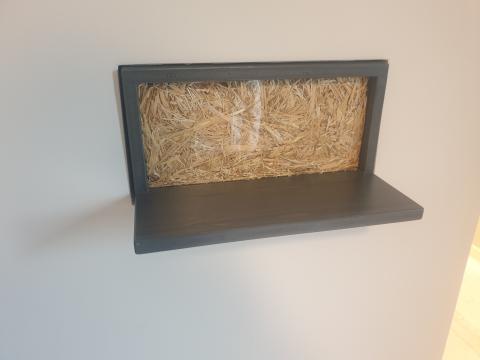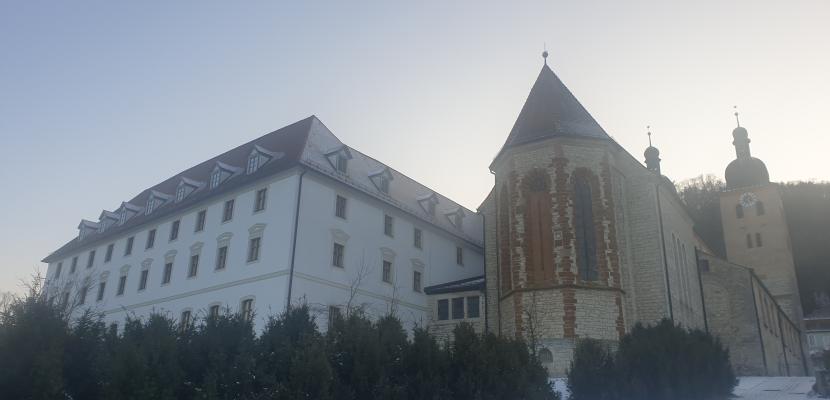
Benedictine Monastery of Plankstetten

About this good practice
In 1985, the monks of St. Gregor faced the challenge of redefining their role in the community. They decided to close their school and establish the St. Gregor Education & Guest House, creating their own course program to engage visitors in spiritual and educational activities. Additionally, they sought to align their economic activities with their values, prioritizing sustainability.
In 1994, the monastery transitioned its agriculture to organic farming, later extending this approach to its bakery, horticulture, butcher shop, and restaurant. A new farmstead was built in Staudenhof, where monastery-grown products are processed and distributed locally. In 1998, the monks partnered with Riedenburger Brewery, supplying organic brewing barley, and reopened the monastery tavern and bookstore. Between 1998 and 2023, former agricultural buildings were repurposed into larger course rooms, a public reading room, and expanded facilities for food production and retail. Renewable energy sources now power all buildings, and in 2022, the St. Wunibald Wooden Straw House was completed, offering guest rooms, a kindergarten, and parish offices.
The key stakeholders include the monastery, local businesses, and the broader community. Beneficiaries range from visitors and students to local farmers and residents who engage with the monastery’s sustainable initiatives and cultural programs.
Resources needed
General renovation: total work costs
~48 million Euros. These resources have been
obtained from various regional and national
funding programmes.
Evidence of success
• Thousands of visitors annually
• Extensive course offerings each year
• The only monastery in Bavaria operating entirely with ecological practices
• Managing around 350 hectares of agricultural and forestry land, in accordance with Bioland standards.
• Implementation of an agroecological concept on agricultural land
• Supporting local farmers in testing new crops
• Trial of an agroforestry system
• In-house wood utilization
• Ecological information center (exhibitions, events etc.)
Potential for learning or transfer
The monastery, located in a rural area, demonstrates how organic food production and sale can be integrated into a broader community-oriented model. Through its guesthouse, tavern, bookstore, and eco-farm shop, it fosters local economic growth while promoting sustainable agricultural cycles.
Following the Benedictine tradition, the Abbey of Plankstetten offers a replicable model for linking agricultural and forestry production, processing, and consumption in modern society. Its closed-loop ecological approach enhances rural economic resilience and environmental stewardship.
This practice is transferable to other regions, particularly those seeking to strengthen local food networks and sustainable farming. Key success factors include strong institutional commitment, diversified income sources, and community engagement. The model can inspire farmers and policymakers to develop integrated rural economies.
Further information
Good practice owner
You can contact the good practice owner below for more detailed information.

